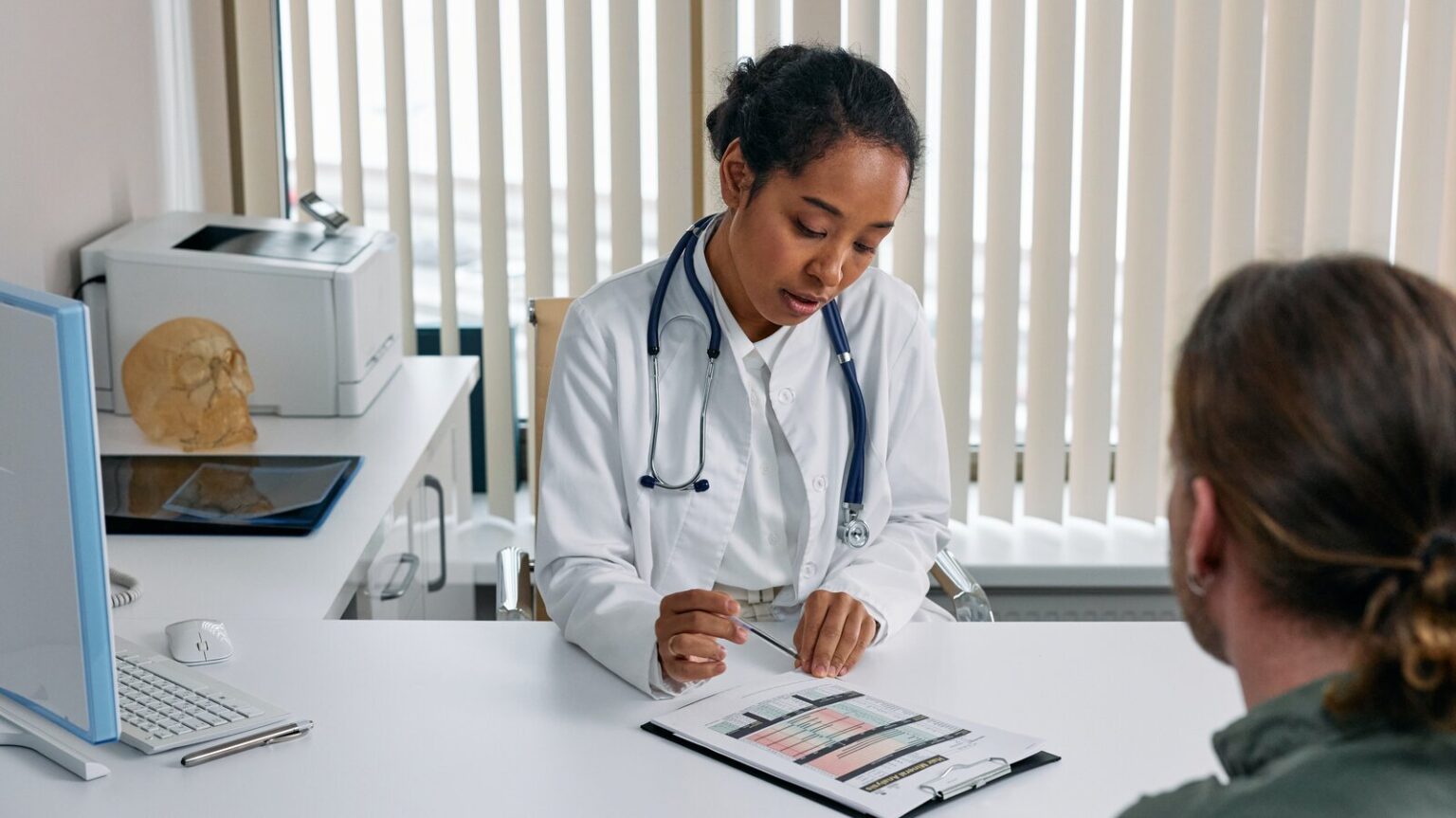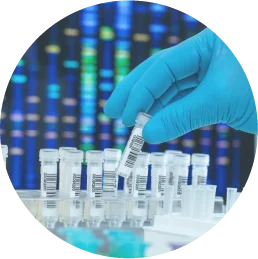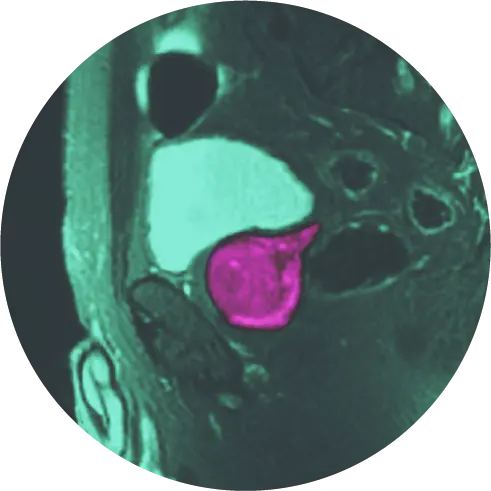When you agreed to genetic testing, you were probably curious about the results. Often your results will be unremarkable and you will find you don’t have a genetic mutation. Sometimes, you will receive a result that is unclear because of the uncertainty in the genetic test results. Rarely, you will receive a result that indicates you tested positive for a genetic mutation. If you do test positive, you may be asking yourself, “Now what?”
In short, a typical patient journey through genetic testing will follow these steps:
- Get tested
- You and your doctor will receive, review, and interpret the results
- Consult with a genetic counselor and doctor
- Determine next steps for continued screening as necessary
Now that you’ve made it to step 2, let’s dive into how this information can empower you to take a more proactive approach to your health.
What Genetic Mutations Can Mean
Genetic mutations can be passed down from parent to child. The same gene mutations that cause prostate cancer can also cause other forms of cancer including breast, colon, and pancreatic cancer.
All women have BRCA1 and BRCA2 genes, but only some women have mutations in those genes. If your mother or your father has a BRCA1 or BRCA2 gene mutation, you have a 50% chance of having the same gene mutation.1
A genetic test is a simple saliva or blood test that is used to study DNA sequences and identify possible mutations in your genes. This information can help you and your doctor:
- Identify your risk levels of developing a certain disease
- Understand what lifestyle changes you can make to lower your risk(s)
- Learn your options for preventative screenings, procedures, and/or medications2
Understanding Your Test Results
Genetic test results come back as positive, negative, or uncertain. If your test result is positive, it means the laboratory found a change in a particular gene, chromosome, or protein. This result may mean that you are a carrier of a particular genetic variant, you have an increased risk of developing cancer, and/or more testing may be needed.
A negative test result means that the laboratory did not find a change that could impact the health or development of the tested gene.3
An uncertain result means there isn’t enough information about that genetic change to determine whether it is normal or disease causing.4
Please note that your results are dependent on the specific genetic test that you took. For example, the HALO hereditary cancer gene panel tests for 23 genes, so the results will only reflect any variations discovered in that set of 23 genes.
If Your Results Are Positive
It’s natural to feel concerned or even anxious after learning you have an increased risk of cancer. Whether you are receiving your results in person or by phone, it may be good to have another person with you for support and to help you remember all the information. You don’t have to go through this process alone and without support. Once you receive your results, your doctor may recommend that you talk to a genetic counselor to get a deeper understanding.5
Genetic counselors are healthcare professionals with advanced training in medical genetics and counseling. They provide education and support to people and families who have been diagnosed with genetic mutations or other genetic conditions. A genetic counselor can help you understand testing, interpret your test results, and clarify how genetic conditions might affect you or your family. They are an important resource as you go forward after testing.6
Moving Forward
Once you know you have a genetic mutation, your doctor can advise you on some ways you might lower your risk or find cancer early, including:
- Making healthy choices (like eating healthier or increasing exercise) and changing unhealthy behaviors (like quitting smoking) to help reduce cancer risk
- Chemoprevention, which uses certain drug treatments to help lower a person’s risk of developing cancer or keep it from coming back
- Preventive or prophylactic surgery in which an organ or gland is removed to prevent development of cancer in that organ or gland
- Early detection through more frequent screenings to find pre-cancerous cells and begin treatment as early as possible7
It is important to remember that having a genetic mutation does not mean you will get cancer. In fact, being armed with your new knowledge gives you a distinct advantage, as you are now empowered with information that can help you either prevent cancer or treat it more effectively.
To learn more about genetic testing please visit this page or give our experts a call at 877-225-2831.
References
2 https://familydoctor.org/genetic-testing-what-you-should-know/
3 https://medlineplus.gov/genetics/understanding/testing/interpretingresults/
4 https://www.cdc.gov/genomics/gtesting/genetic_testing.htm
5 https://www.breastcancer.org/genetic-testing/getting-results




